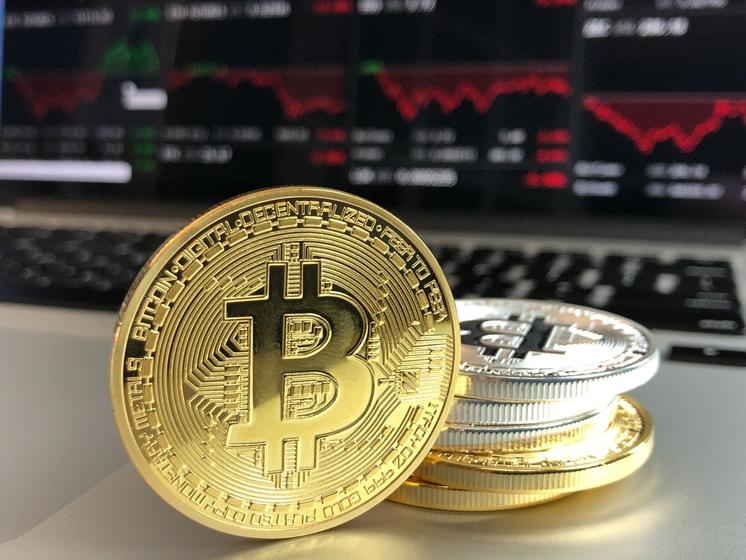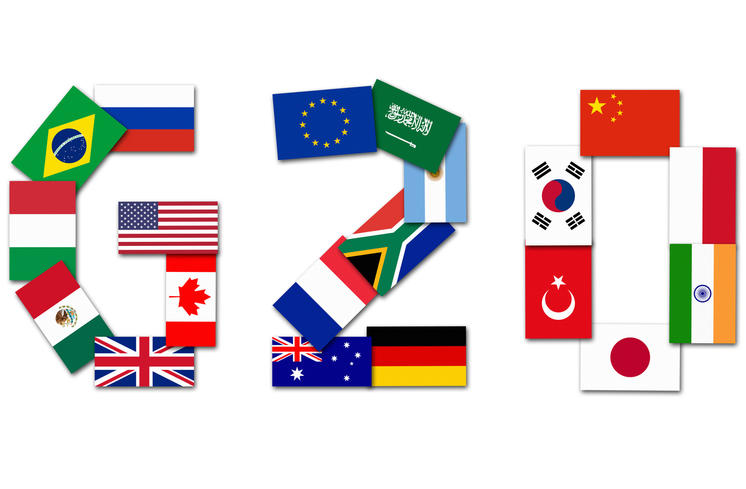Weekly Thoughts by Mirabaud Securities - 28 June 2019



Trump landed Thursday in Osaka, Japan, for the annual Group of 20 summit amid a tropical cyclone that is predicted to turn into a typhoon — a possible metaphor for the four days of high-stake diplomacy that lie ahead. As his re-election bid heats up, Trump was eager to produce breakthroughs on a series of foreign policy challenges including the showdown between the U.S. and Iran, a trade war with China, the threat of fresh election interference by Russia and stalled nuclear talks with North Korea. The future evolution of the indices will depend on the dinner between President Xi and Trump. Over the weekend, Donald Trump tweeted about news that the stock market has seen its best June in decades. “Thank you Mr. President!” ended the note. Indeed the Dow Jones is on track to post its best June since … 1938! In Europe, the week was kind of ugly for all the indices (the Italian MIB and the SMI being hit the most). The MSCI World Equity Index, which tracks shares in 47 countries, lost almost 1% on the fear of the G20 meeting. In Asia, MSCI’s broadest index of Asia-Pacific shares outside Japan lost 0.4%.

After exceeding $10K over the weekend for the first time since March 2018, bitcoin has accelerated its sharp move higher and, trading close to $13,000 on Wednesday, up almost 20% in 24 hours. It is now up 240% since the start of the year, and even though it remains below its all-time high of nearly $20,000, at the current pace, it will surpass its all-time high in just a few days. The dollar was weak against the New Zealand dollar, the Australian and the Swedish krona. The Japanese yen, the Norwegian krona and the Swiss franc were the biggest losers (vs. dollars). In emerging markets (still vs. dollars) The South African rand was the big winner of the past week with the Czech Krona and the Indian rupee. Only 4 currencies were losers: the Brazilian real, the Chinese renminbi, the Russian rubble and the Bulgarian lev.

Concerns over trade, conflict and oil will dominate a summit of the Group of 20 major economies in Japan this weekend, with attention focused on a meeting between the leaders of the United States and China. Donald Trump and Xi Jinping will meet for the first time in seven months to discuss deteriorating ties between the world’s two largest economies. An official of French President Emmanuel Macron’s Elysee office even said that the China-U.S. trade clash is “serious”, but it shouldn’t “take a multilateral body hostage”. Trump views his meeting with Xi, probably to be held on Saturday, as a chance to see where Beijing stands and is comfortable with any outcome. White House officials have declined to discuss expectations ahead of the summit saying only they are hopeful for Chinese leaders to follow through on commitments to compete fairly. A source who recently met Chinese trade officials said Xi is unlikely to delve into the details of a potential trade deal, as he did at a meeting with Trump in Buenos Aires in December. Instead, Xi could try to set a new trajectory for ties. Not sure Trump will be happy about that…

As the trade war between the United States and China drags on, U.S. companies are weighing other options to avoid the tariffs currently levied on goods sourced from China. Last week, the Nikkei Asian Review cited anonymous sources saying that Apple is considering moving up to 30 percent of iPhone production out of China, with India and Vietnam the top candidates to help Apple diversify its supply chain. Apple isn’t alone in its efforts to reduce its dependency on Chinese imports, as U.S. import data for the first four months of 2019 shows. Imports from Vietnam, Taiwan and South Korea surged 38.4, 22.1 and 17.1 percent, respectively, compared to the same period of last year, while imports from China dropped by 12.8 percent year-over-year. Vietnam in particular has been profiting from the trade dispute as it supplies many of the goods that are typically imported from China and are now hit by tariffs. According to data from the United States International Trade Commission, cited by the Financial Times, U.S. imports of mobile phones from Vietnam more than doubled in the first four months of 2019 compared to the same period of last year, while computer imports rose by 79 percent. Footwear, textiles and furniture from Vietnam also saw a boost in demand from the U.S., as did fish, which was typically processed in China for consumption in the United States before the tariffs were introduced.

Drugmaker AbbVie Inc said on Tuesday it would acquire Allergan Plc for about $63 billion, giving AbbVie control over the lucrative wrinkle treatment Botox and buying time to seek new growth before its blockbuster arthritis treatment Humira loses U.S. patent protection. AbbVie has long been under pressure to diversify its portfolio and its shares have lost more than a third of their value since January 2018 over concerns about Humira. The deal, coming months after Bristol-Myers Squibb Co agreed to buy Celgene Corp for $74 billion, also highlights renewed interest in major acquisitions by the pharmaceutical industry. The motivation for this deal differs significantly from AbbVie’s unsuccessful bid in 2014 to buy Irish drugmaker Shire Plc. At that time, AbbVie was looking to take advantage of lower corporate tax rates in Europe. Allergan CEO Brent Saunders efforts culminated in a proposed $160 billion purchase by Pfizer Inc. But Pfizer walked away from the transaction in 2016 after the Obama administration cracked down on U.S. companies’ ability to rebase in countries with lower tax rates.
Several hot topics were discussed this week, including:
The Strait of Hormuz is crucial / The G20 at risk / The dollar on the brink of collapse? / The Bitcoin, again / The end of the Chinese El Dorado? / The Plaza Accord
Please feel free to ask for more information if interested.
SWOT stands for Strengths, Weaknesses, Opportunities and Threats, the French equivalent of FFOM analysis (Forces, Faiblesses, Opportunités et Menaces). While SWOT analysis can be used to develop a company's marketing strategy and evaluate the success of a project (by studying data sets such as company's strengths and weaknesses, but also competition or potential markets), I decided several years ago to adapt it as a way to analyse financial markets. SWOT analysis allows a general development of markets by crossing two types of data: internal and external. The internal information taken into account will be the strengths and weaknesses of the market. The external data will focus on threats and opportunities in the vicinity. Finally, and most interestingly, there is a table that will evolve according to current events, which will allow it to reflect the underlying trend in the financial markets on a weekly basis.
Please do not hesitate to reach out to your privileged contact person at Mirabaud or contact us here if this topic is of interest to you. Together with our dedicated specialists, we will be happy to evaluate your personal needs and discuss possible investment solutions tailored to your situation.
Author
Continue to